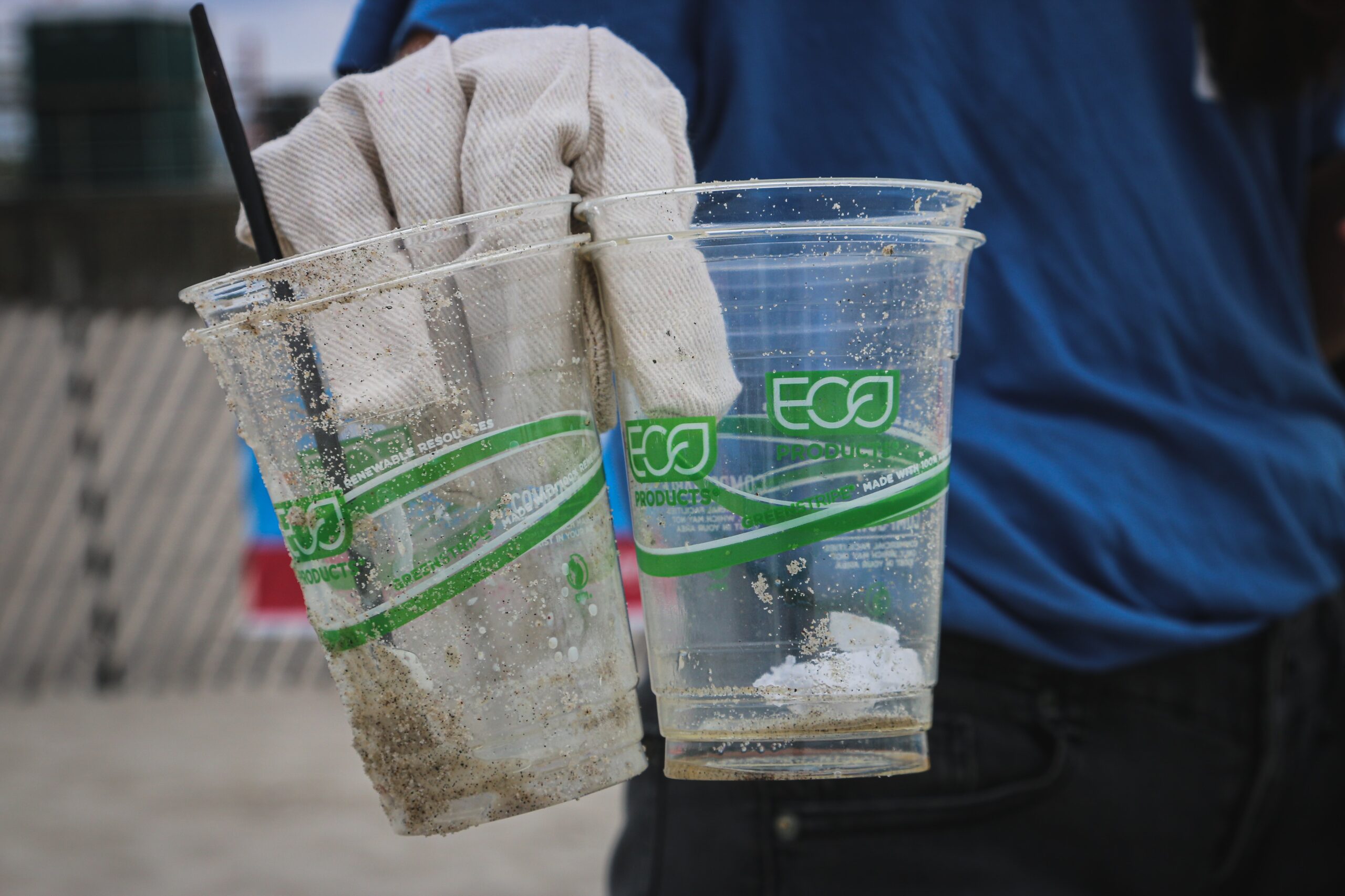If you’re concerned with ESG, there’s one topic you can’t avoid: greenwashing. Since the awareness of sustainability has been growing, scandals about large and small companies that engage in greenwashing have become public again and again.

Greenwashing describes the attempt of organizations to maintain a green image through communication, marketing or publicity campaigns without actually incorporating the corresponding measures into their business model. This behavior is reprehensible enough, but some companies go even further and simply lie. In these cases, the law distinguishes between consumer deception and unfair competition, with only the latter being prohibited.
What Is Greenwashing?
The non-governmental organization Greenpeace has defined four possible categories for greenwashing:
- The core business itself is significantly harmful to the environment – anything sold as green is therefore inevitably greenwashing.
- Investments in advertising environmental protection exceed investments in actual environmental protection measures.
- Companies that position themselves in public as sustainable, but lobby behind closed doors to avoid environmental protection.
- Things that are taken for granted are used for advertising. Companies that adhere to applicable laws and regulations (such as the elimination of plastic straws since 2021) and advertise this as particularly sustainable are not acting more sustainably than absolutely necessary.
Another variant of greenwashing should not be forgotten: companies present a lighthouse project as particularly sustainable and thus want to be perceived as sustainable overall. But beyond this project, there is a lack of adequate overall sustainability measures. A recent example of greenwashing is provided by Coca Cola: As a sponsor of the COP27 in Sharm-el-Sheikh this year, the brand is making a strong case for climate protection. This statement is contradicted by the fact that Coca Cola has been named the biggest plastic polluter by the “Break Free from plastic” initiative every year since 2018.

Is It All Just a Question of Willpower?
But the most important question is the one most companies should ask themselves at the very beginning of their ESG journey: Do we really want to make a difference or do we just want to be part of the green hype? Of course, there can be many reasons for avoiding a deep engagement with ESG: e.g. lack of capacity, limited budgets or too little expertise.
And of course, not every company can afford it, has the capacity or knows what needs to be done. But in this case, the old saying applies: Rome wasn’t built in a day either. From our consulting experience, we know that small, sincere sustainability measures are more effective in the long run than frantically trying to push a company into a role it does not (yet) fulfill.
So keep your hands off greenwashing. Both investors and customers appreciate honest communication. In addition, greenwashing usually comes to light sooner or later, and it is difficult to get rid of the damage to the company’s image. Coca Cola also took action some time after the greenwashing scandal, but the countermeasures were perceived by the public far less and, above all, more critically than the previous incidents.
For inspiration on how to get started with greenwashing-free sustainability work, have a look at our ESG Quick Wins or contact us directly! We are happy to help you develop your personal sustainability strategy.




